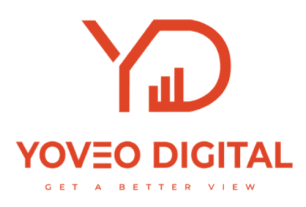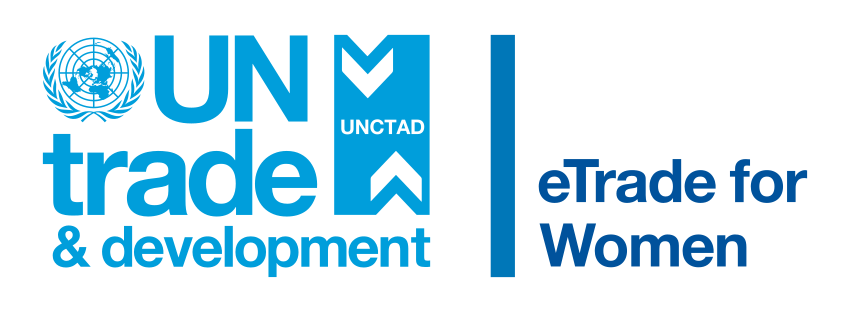For over a decade, Facebook has been a digital Main Street for countless small businesses, a seemingly boundless arena for connecting with customers, building brand awareness, and driving revenue. Yet, the digital landscape is in constant motion, and the once-reliable tide of organic reach on this behemoth platform has undeniably receded. As we navigate the mid-2020s, a critical reassessment is underway: What is Facebook’s true value proposition for small businesses, and is investing significant time and resources still a prudent strategy?
The platform, now under the Meta umbrella, is undergoing a profound transformation, driven by advancements in artificial intelligence, a renewed emphasis on local connection, the ascendance of short-form video, and evolving approaches to content moderation. These shifts, far from being mere algorithmic tweaks, represent a fundamental recalibration of how content is discovered and consumed within the Facebook ecosystem.
A Look Under the Hood
Recent pronouncements and observed trends point towards a Meta for Businesses increasingly shaped by:
- The Algorithmic Gatekeeper. Artificial intelligence is no longer a peripheral tool but the central nervous system dictating content visibility. As Rowena Eburne of Assisted aptly notes, a “relevance score” now governs what users see, prioritizing content deemed valuable by the platform’s AI. This mirrors a broader industry trend towards AI-driven curation, moving beyond simple chronological feeds.
- The Hyperlocal Imperative. Meta’s strategic push towards local content, evidenced by the “Local” tab, signals a potential boon for geographically rooted businesses. This initiative could organically surface local businesses within their communities, offering a direct pathway to nearby residents. However, the efficacy and widespread adoption of this feature remain to be seen beyond the initial test markets.
- The Visual Revolution. The undeniable success of short-form video platforms has compelled Meta to prioritize Reels. This algorithmic tilt offers an opportunity for businesses to capture attention with concise, engaging visual narratives. Yet, it also demands a shift in content creation strategies, potentially requiring resources many small businesses may find challenging to allocate.
- The Democratization of Moderation. The introduction of “Community Notes” suggests a move towards a more distributed model of content oversight. While the long-term impact on businesses is yet to be fully understood, it underscores the growing importance of fostering authentic and trustworthy online environments.
 A Strategic Crossroads
A Strategic Crossroads
The era of simply posting and expecting broad organic reach is unequivocally over. The data, and the experiences of countless marketers, confirm this. However, to interpret this decline as a death knell for Facebook’s business utility would be a premature conclusion. The platform still commands a massive global user base, a demographic tapestry that remains relevant for a vast array of businesses.
The question then becomes not if Facebook is worth it, but how businesses should strategically engage with it in this new reality. A nuanced perspective necessitates acknowledging both the challenges and the enduring opportunities:
- The Enduring Power of Scale. Despite the rise of newer platforms, Facebook’s sheer user volume remains a significant asset. For businesses seeking broad reach, particularly across diverse age groups, the platform still offers unparalleled scale.
- The Precision of Paid Amplification. As organic visibility diminishes, Facebook’s sophisticated advertising platform takes on heightened importance. Its granular targeting capabilities, honed over years, allow businesses to pinpoint their ideal customers with remarkable accuracy. The challenge lies in mastering this system and allocating budgets effectively.
- The Untapped Potential of Communities. Facebook Groups offer fertile ground for cultivating engaged audiences. By creating or participating in relevant communities, businesses can foster direct interaction, build loyalty, and gain invaluable customer insights. However, this requires genuine engagement and a focus on providing value beyond mere promotion.
- The Multifaceted Engagement Canvas. Facebook’s evolution beyond the News Feed – encompassing Stories, Reels, Marketplace, and Messenger – presents diverse avenues for connection. A holistic strategy necessitates exploring these different formats to engage audiences in varied contexts.
- The Direct Line to Customers. Facebook Messenger remains a powerful tool for direct customer communication, offering opportunities for personalized support and fostering stronger relationships. In an era where customer experience is paramount, this direct channel holds significant value.
Help! Social Media Gives Me the Shivers (But I Need Followers)
Beyond Websites and Social Media: Exploring Alternative Ways to Build Your Brand and Boost Sales
Meta’s Facial Tech Reboot Fuels Privacy Concerns
 A Path Forward for Small Businesses
A Path Forward for Small Businesses
Success on Facebook in the mid-2020s and beyond will hinge on a strategic recalibration. The “survival guide” isn’t about clinging to outdated tactics but embracing a more intentional and resource-driven approach:
- Intentional Audience Building. Proactively cultivating a relevant follower base through targeted strategies, including paid “Page Like” campaigns, becomes crucial for ensuring content visibility within a receptive audience.
- Content that Cuts Through the Noise. Generic posts will no longer suffice. Businesses must invest in creating high-quality, engaging, and valuable content that resonates deeply with their target audience, prompting genuine interaction.
- Visual Storytelling as a Core Competency. Embracing short-form video content like Reels and leveraging the immediacy of Stories are no longer optional but essential for capturing attention in a visually saturated environment.
- Strategic Investment in Paid Reach. A well-defined paid advertising strategy, leveraging Facebook’s sophisticated targeting tools, is increasingly necessary to amplify reach and achieve specific business objectives.
- Community as a Cornerstone. Actively building and nurturing relevant Facebook Groups offers a pathway to deeper engagement and fostering brand loyalty.
- Prioritizing Authentic Interaction. Focusing on sparking genuine conversations and building relationships, rather than chasing vanity metrics, will be key to long-term success on the platform.
- Data-Driven Optimization. Regularly analyzing Facebook Insights to understand audience behavior and content performance is crucial for refining strategies and maximizing impact.
- Customer-Centric Communication. Leveraging Facebook Messenger as a vital customer service channel can significantly enhance customer satisfaction and drive conversions.
Making A Calculated Bet
Dismissing Facebook outright in 2025 would be a shortsighted decision for many small businesses. Its vast user base and sophisticated advertising infrastructure still offer significant potential. However, the era of easy organic wins is over. Success now demands a more strategic, resource-conscious, and adaptable approach.
The future of small business engagement on Facebook lies not in clinging to the past, but in understanding the platform’s evolving dynamics and making calculated investments in strategies that prioritize quality content, targeted reach, genuine community building, and exceptional customer interaction. It’s a more complex landscape, but for those willing to navigate it thoughtfully, Facebook can still be a valuable, albeit different, asset in the modern marketing mix.


 A Strategic Crossroads
A Strategic Crossroads A Path Forward for Small Businesses
A Path Forward for Small Businesses
